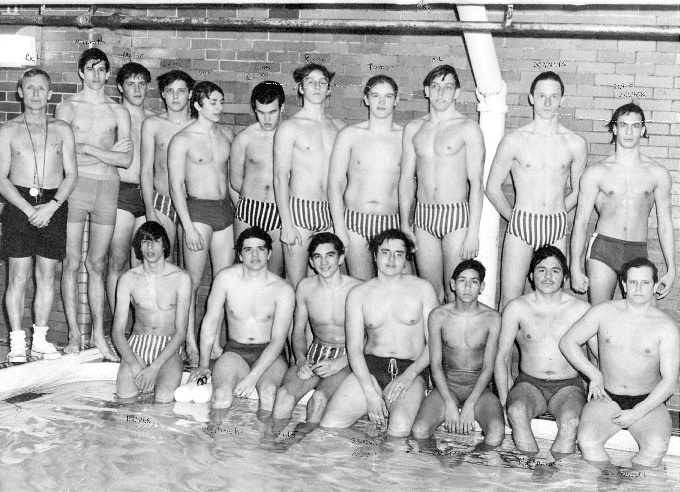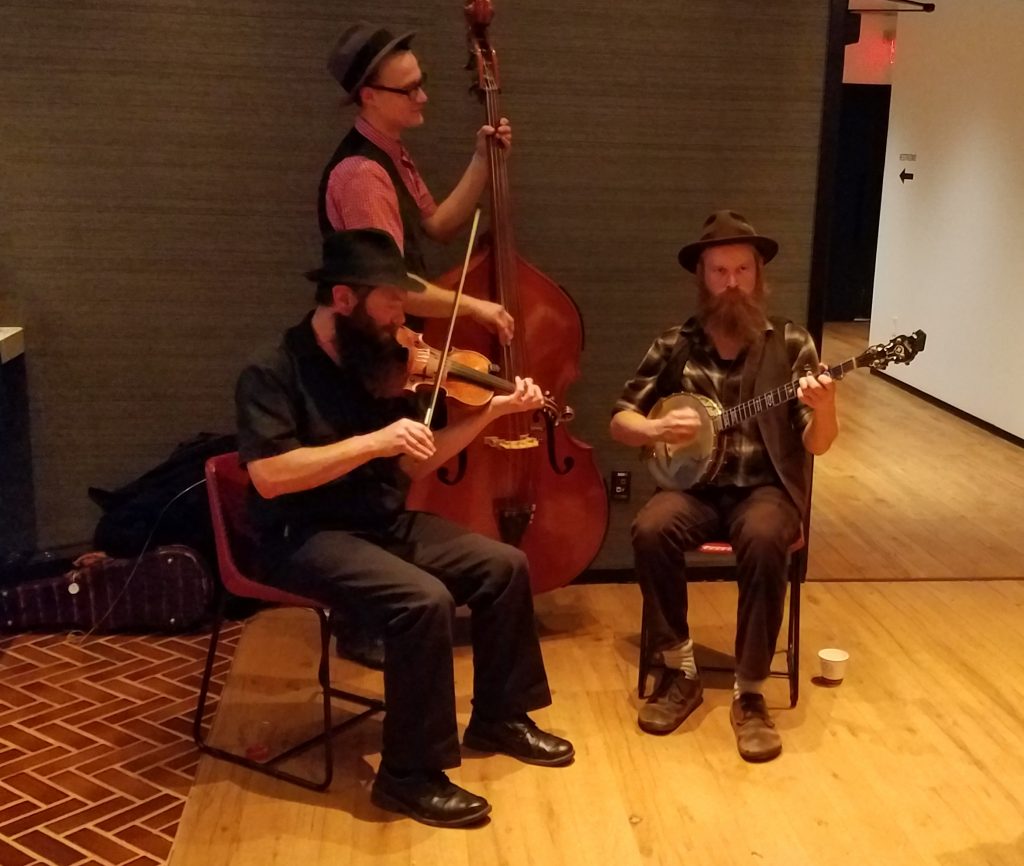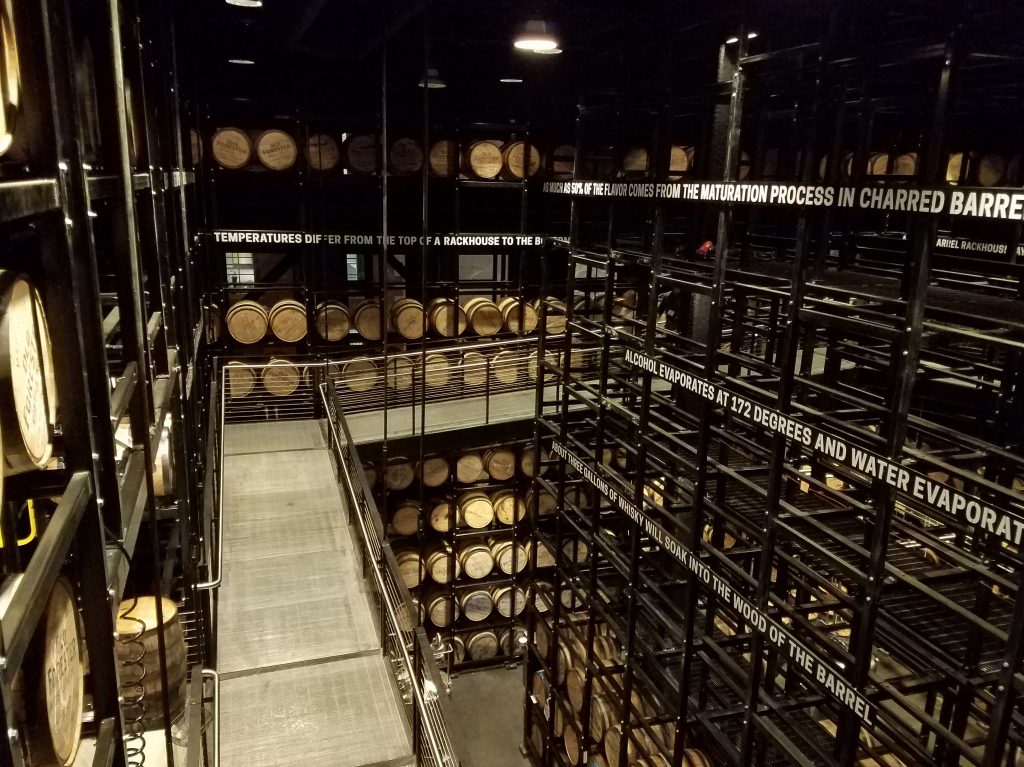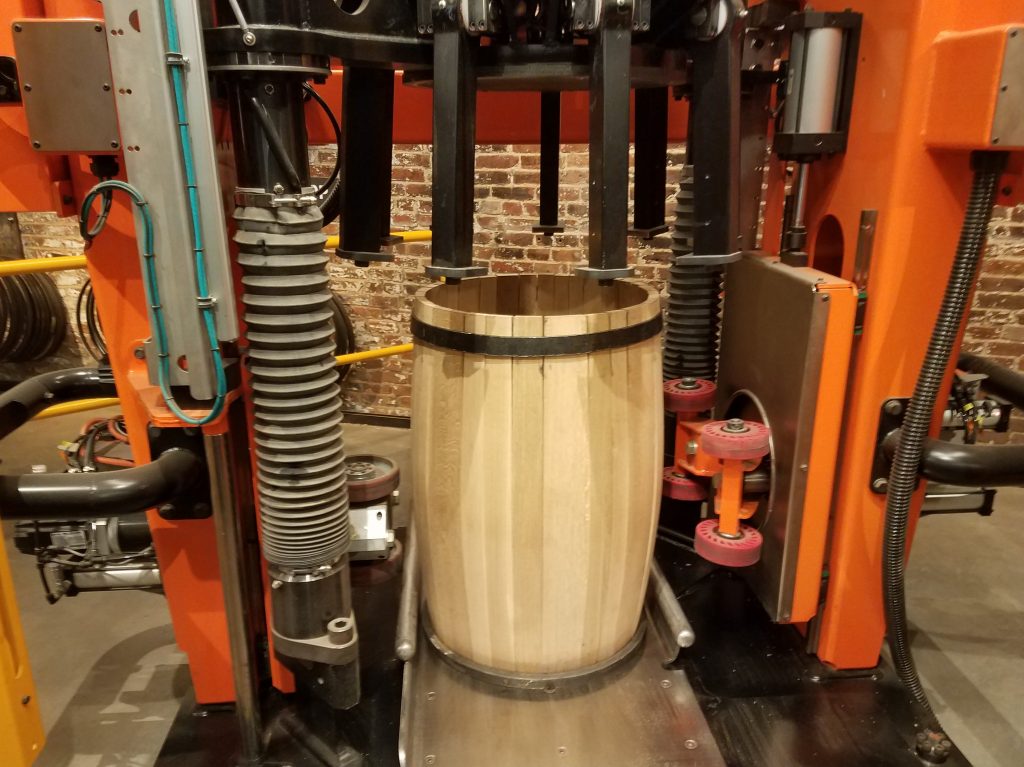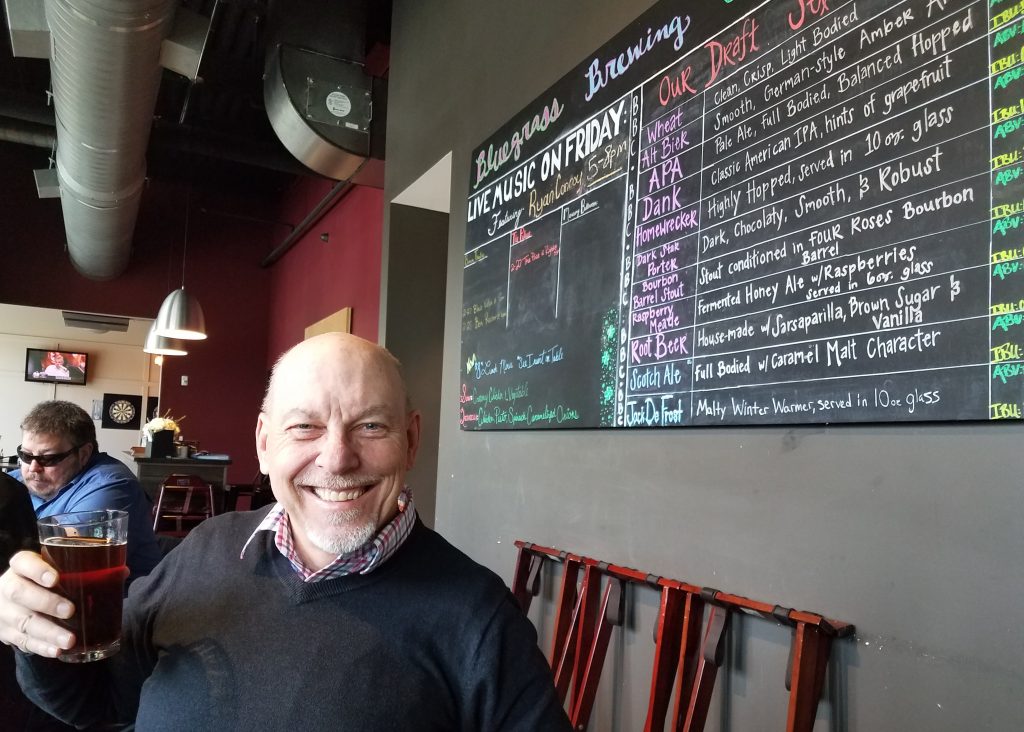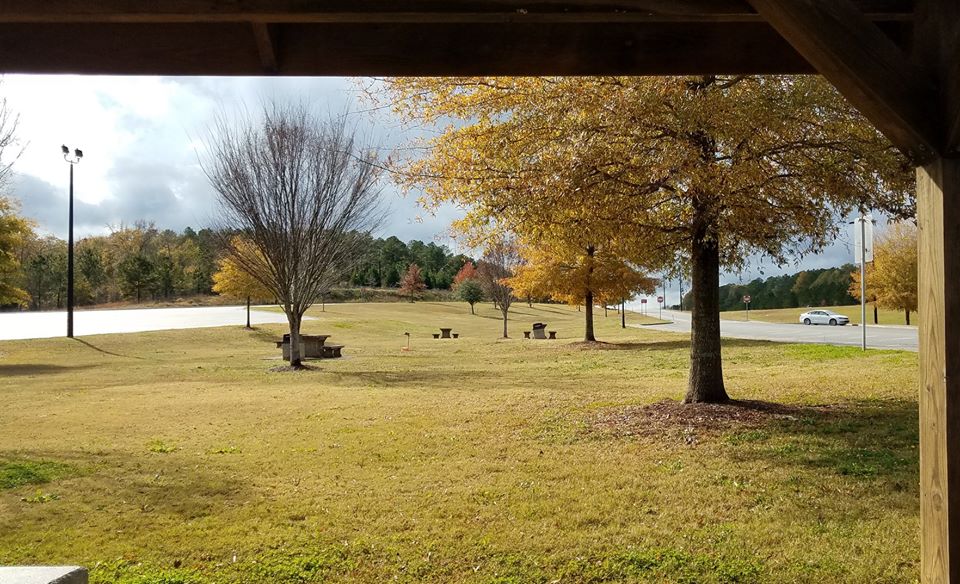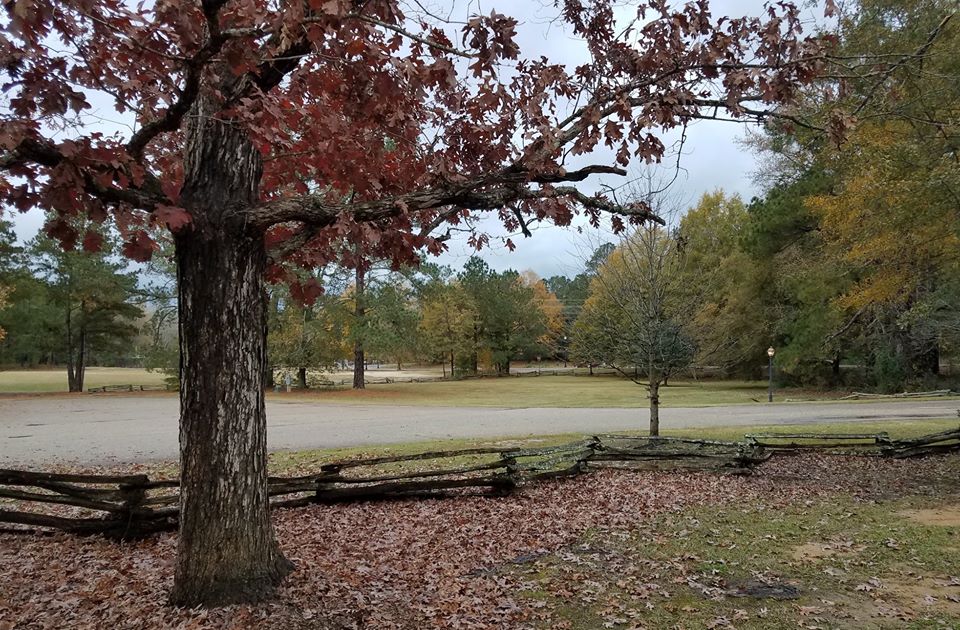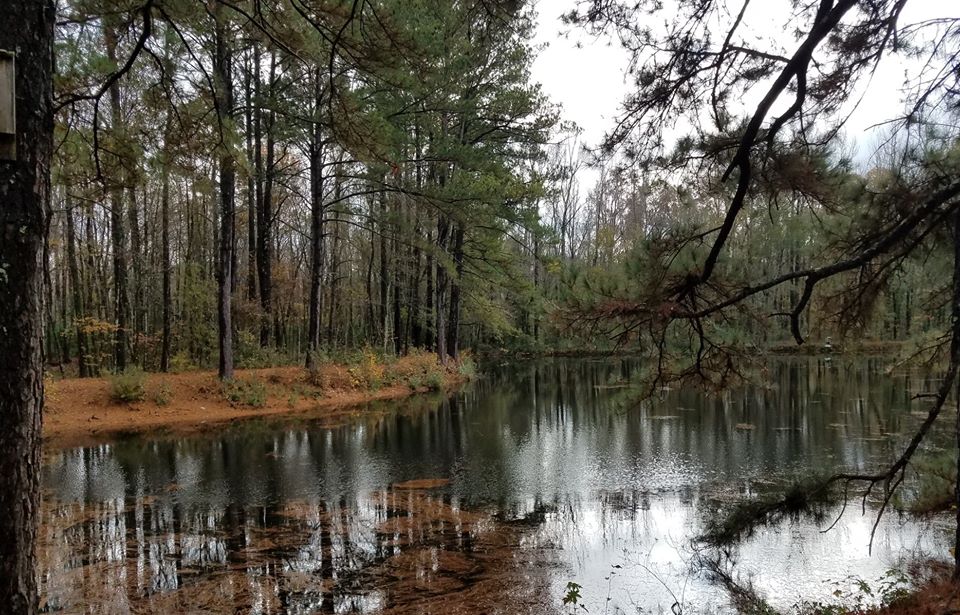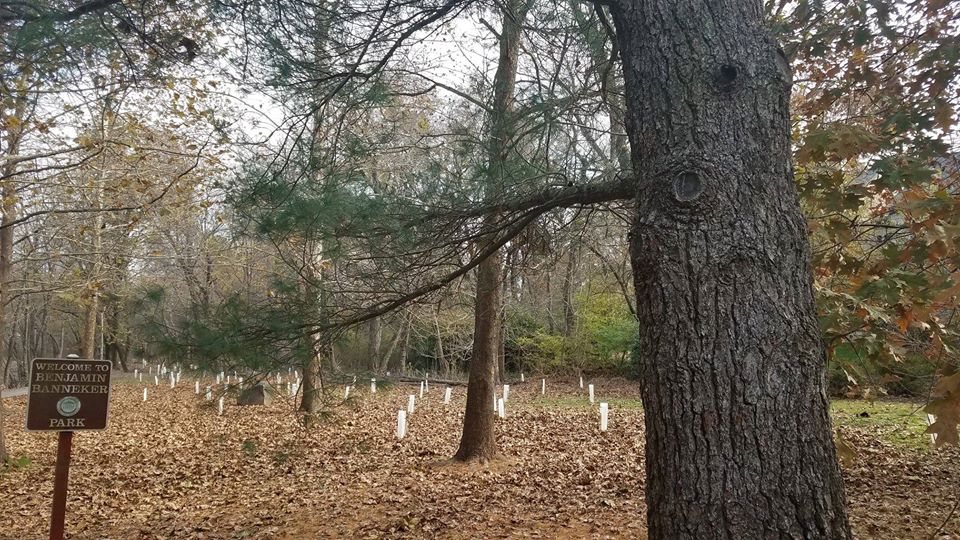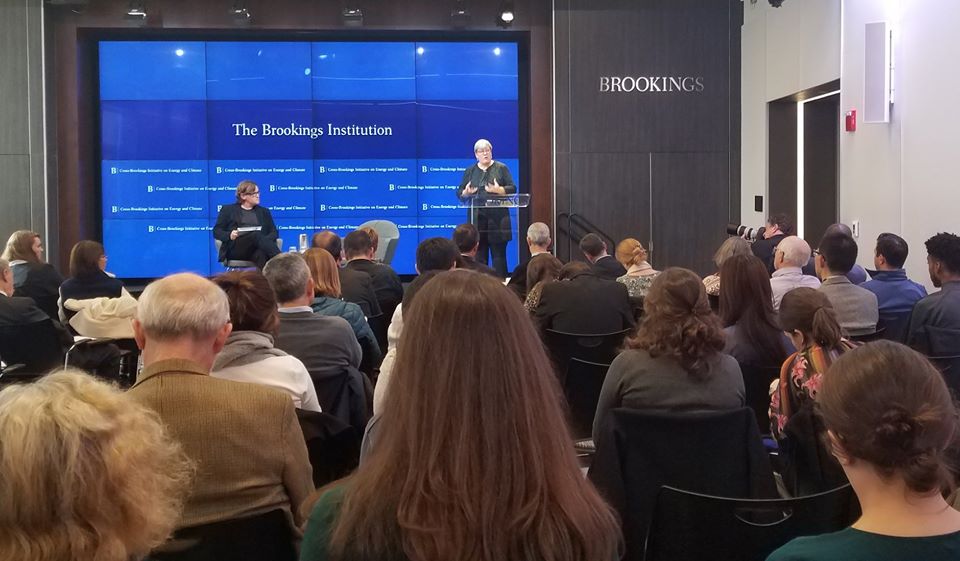How to get promoted is a big question during this time when our FS reports are due. I think I can give some insights.
Let me “establish my cred”. I was on promotion panels twice, both times the career make or break transition panels to senior FS. I have also been on reconstituted panels twice. Beyond that, I retired at MC. Unpack that, since both factors are important. Getting to MC meant that I did okay in my own career and being retired means that I can speak more freely than if I worried about impressing or annoying the powers that be.
No old boys’ network
First let me say that the old boys or old girls network is not a factor on promotion panels, at least it was not in my experience. I did not know most of the people whose files I read, and nobody tried to exert any influence at all on me. Whether or not you get promoted, you cannot blame or credit a “fix,” at least it did not happen in my experience.
Related to that is that usually all that I knew about the candidates was what I read on the reports. If I knew the person well, I recused myself from the vote, as did others. I was pleased to note that in those cases, my panel colleagues came to the similar conclusions I would have.
The benefits of ignorance
We did not know in advance how many people would be promoted. Our job was to determine who should be promoted and put them in a rank list. This is good. It takes away the temptation to push someone over the line, if you do not know where the line will fall.
Paradox of skill
I was proud to be among good colleagues on the panel and of the FS colleagues whose reports I was reading. We really have a great group. There are more people who should be promoted than there are places for them. I think this leads to the “paradox of skill.” When everyone is really good, skilled at the highest level, random events play a bigger role. In our job, that tends to be something happening at post. Of course, the job you have matters a lot, but if there are no particular opportunities to shine, you cannot shine. These are unpredictable as international affairs. Consider officers who were in East Germany or Eastern Europe when the wall came down in 1989. They were likely assigned and went through language training a few years before. They looked forward to interesting jobs, but nothing like the chances they had. On the other hand, you might be assigned to a happening place that becomes suddenly sleepy after the crisis. There is nothing colder than ashes, after the fire is gone.
We all know careerist who try to get in on the action. They rarely do well, since they either arrive late to the party or show up after everybody has gone home.
So you have to be very good at your job and you have to be lucky. No surprise. The good news is that you have chances similar to everybody else.
You are not unique
One more macro consideration before I get into a few specifics. Almost ALL FSO think of themselves are unique or “a little bit of a rebel,” and most of us fear that “people like me” are not the kind to get promoted. I used to say that and I believed it, but the FS kept on messing with my worldview by giving me good assignments and promoting me. I had no connections coming in and there was/is nothing special about me. The system does not always choose the best and the brightest, but it is fair.
A few specifics
The things “they” tell you about EERs are mostly true. You have to be careful in how your write, emphasizing outcomes and explaining how you helped make it happen. You cannot be very modest, but don’t push it too hard. The best that any FSO can hope to be is necessary but not sufficient. You did not make anything happen, but you may have facilitated it. It is hard to balance you, them and the environment when talking about accomplishments.
Nobody much cares about the hard time you had or how hard you tried. Challenges met and overcome make a difference. Never complain about why you couldn’t do something. You would be surprised how many people waste valuable space telling panels about their troubles and what they would have done but did not. Those sorts do not get promoted.
Low ranking not the end
One serious criticism I have of the panels is the need to “low rank”. In each group, the panel needs to identify a certain percentage of low ranks. This might make sense except for the means. You have to find something specific in more than one EER. This is harder to find in EERs that you know are bad. Bad performers often know they are bad, so they fight hard to take out specific criticism and they never criticize themselves. You can tell that they are bad performers from the narrative, but you cannot find specific hooks. Otherwise good performers might let a criticism go or even include it in their own honest comments. Those are the ones we can find.
My point of view might be influenced by my own experience. Let me share it as a lesson. I was low ranked because they found that I was sometimes disrespectful of superiors. I made no secret of this, even wrote about it myself. I considered it a good thing in the right circumstances. I suspect that the panels did too, but they could find a specific criticism and they hung me on it.
Was my career in trouble? The NEXT year, the next panel promoted me to Senior Foreign Service. So, I was at the bottom one year and near the top on the next, with almost the same set of EERs and likely with some of the same competition. Be careful, maybe more careful than I was, but don’t worry too much.
BTW – if you are low ranked, don’t complain to colleagues. Nobody knows about it and it does not stay in your permanent record, but if you tell other people about it, they might think you are a loser. It becomes self-fulfilling. You can talk about it, as I did, when you are safely clear, but don’t insult the alligators until you have crossed the river.
Not always bad to be obtuse
Finally, just don’t take things too seriously. In the EER that got me promoted to MC, I wrote that the panel should promote me because “I increase the intelligence of any group I join. I like to think it is because I am so smart, but I suspect that it is because I am so obtuse that colleagues need to explain it several times and it makes them think it through again.” I got promoted. I don’t doubt that the panel members laughed a little, but it did stand out.

